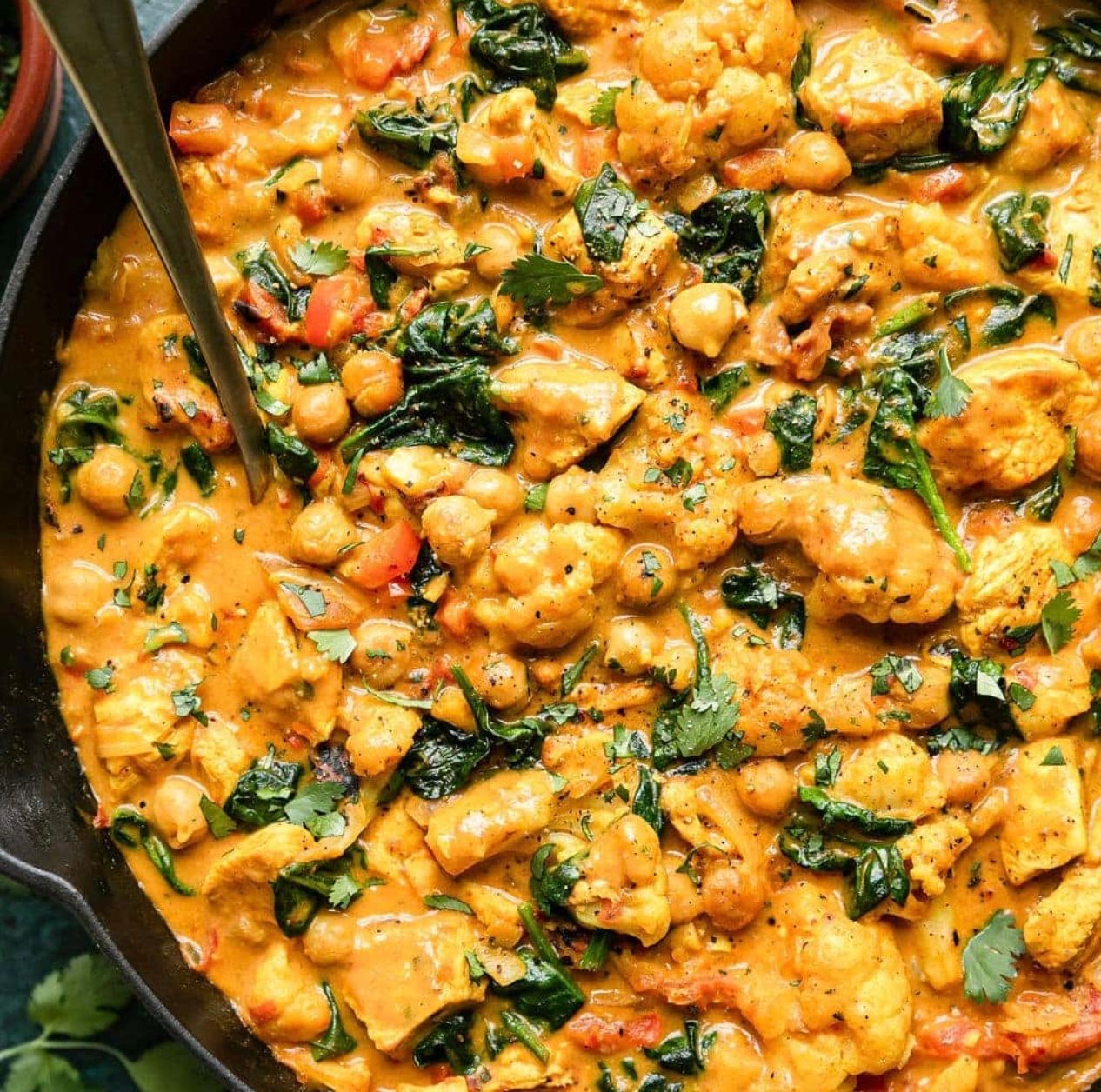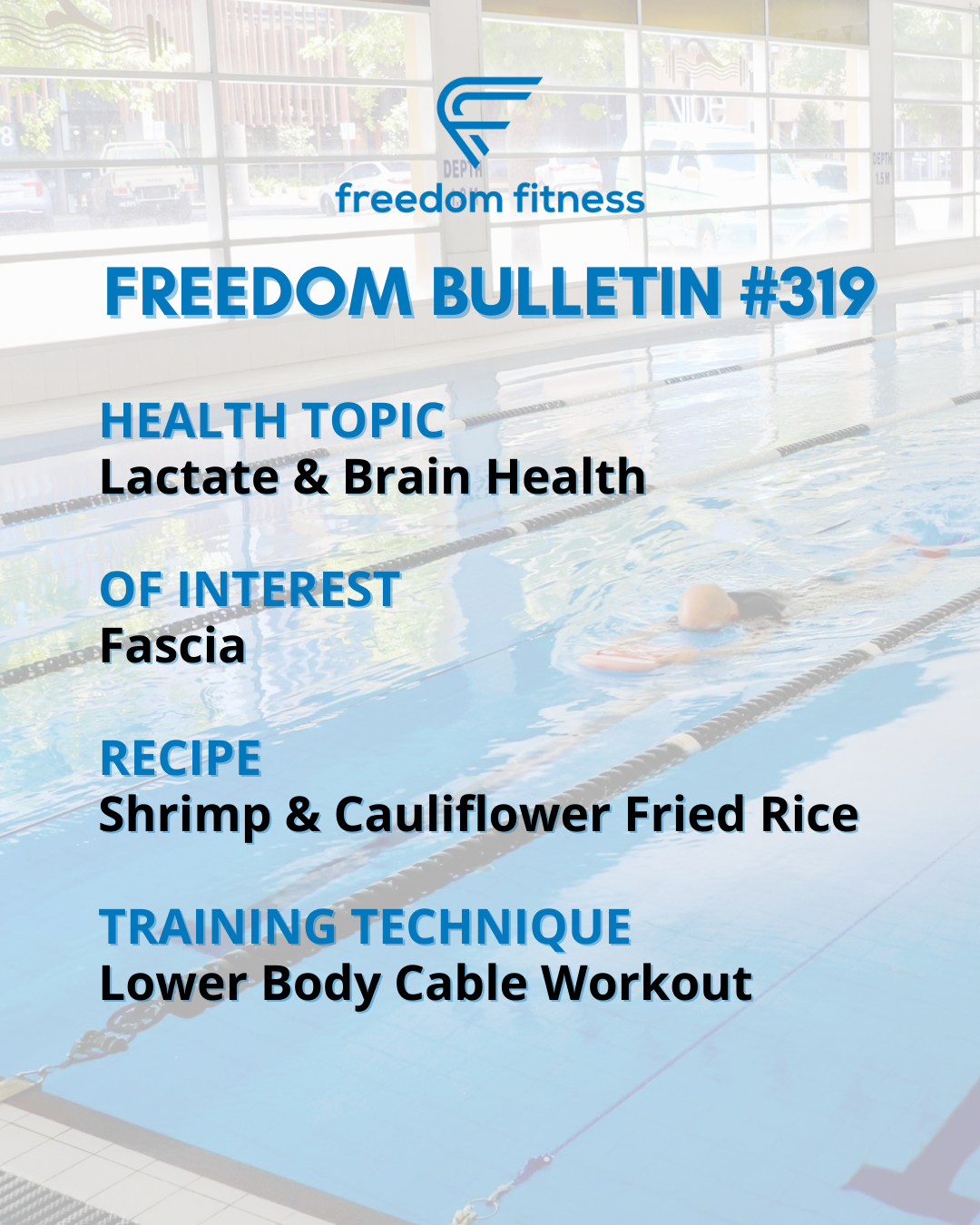August 3, 2020
Sleep

Ingredients 1 lb. boneless skinless chicken breast, cut into bite-sized cubes 1 tablespoon olive oil or avocado oil, divided ½ medium yellow onion, diced 1 medium red bell pepper, diced 2 garlic cloves, minced 1 (15-ounce) fire-roasted diced tomatoes 1 (14-ounce) can full-fat coconut milk 1 (15-ounce) can chickpeas, drained and rinsed 1 (12-ounce) bag frozen cauliflower florets 2 tablespoons curry powder ½ teaspoon ground turmeric ¼ teaspoon dried ginger (or 1 teaspoon fresh peeled ginger, grated or finely minced) ½ teaspoon fine salt Pinch of black pepper 2 large handfuls fresh baby spinach (about 3 ounces) Optional For Serving: Chopped fresh cilantro, steamed rice, and lime wedges Instructions Step 1 Place a large skillet over medium-high heat. Add 2 teaspoons of oil and swirl to coat. Add the chicken and cook, 5-6 minutes, until almost cooked through, stirring occasionally. Step 2 Remove the chicken to a clean plate and set aside. Step 3 To the pan, add the remaining 1 teaspoon of oil to the skillet and swirl to coat. Add the onions and peppers and cook for 5 minutes or until the onions start to soften, stirring occasionally. Add the garlic and continue cooking for 1 minute or until fragrant. Step 4 Add the cooked chicken back to the pan along with the tomatoes (and their juice), coconut milk, drained chickpeas, frozen cauliflower, curry powder, turmeric, ginger, salt, and pepper. Stir to combine. Bring just to a boil. Reduce the heat, cover, and simmer for 10 minutes, stirring once or twice. Step 5 Remove the lid from the skillet and add the spinach. Stir and allow the spinach to wilt, 2-3 minutes, then serve over steamed rice with chopped cilantro and lime wedges. Nutrition and Cooking Times Prep time: 10 minutes | Cook time: 20minutes Serves: 4 Nutrient Value (per serving): Calories: 375cal | Protein: 26g | Fat: 17g | Carbohydrates: 29g |


